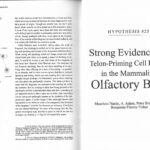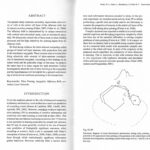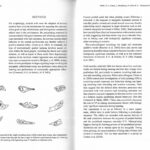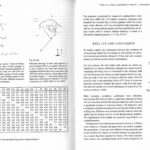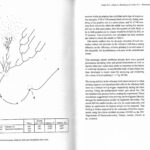Strong Evidence for Telon-Priming Cell Layers in the Mammalian Olfactory Bulb
Maurizio Nardo, A. Adam, Peter Brandlmayr & Benjamin Fitzroy Fisher
In: Gansterer, N.: Drawing a Hypothesis. Figures of Thought. – Springer Verlag, 2011
Abstract
The present study examines secondary organisation and activity of cells in the mitral cell layer of the olfactory bulb, better known as telon priming (Fisher, 2007; Fisher et. al.; 2008). The olfactory bulb is characterised by its unique connections with cortical and subcortical areas, such as basolateral amygdala. We discuss the critical role of these areas in telon building processes and the high selectivity for priming inputs from the olfactory bulb.
We find strong evidence for telon-relevant computing within groups of mitral cell layer neurons, with projections from and to the basolateral amygdala. These neurons tend to reverse their firing selectivity after reversal of telon-outcome contingencies in basolateral amygdala. According to first findings in the rodent brain and the particular shape of this area, we propose the name lepa® or lepus organs for such structures. Further investigations about the role of telon building in the amygdalae and the hypothalamus will be helpful for a general understanding of telon-driven nonlinear processing in the human brain.
